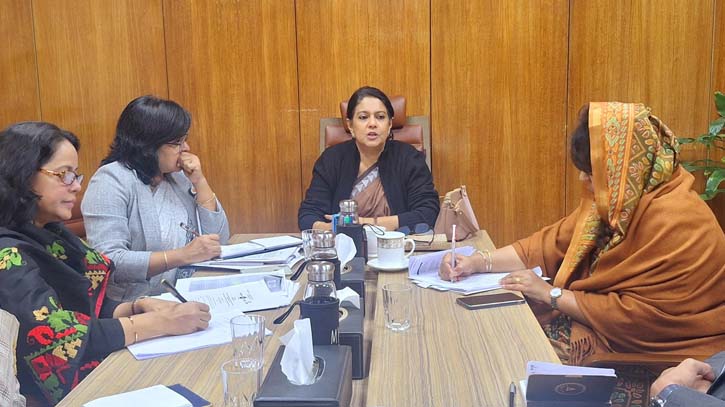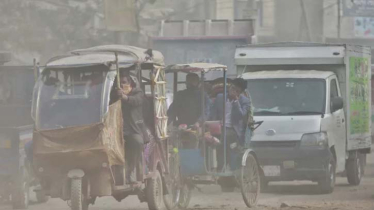
Photo: Collected
In an effort to tackle the mounting challenges of plastic pollution, the Ministry of Environment, Forest and Climate Change, alongside the Ministry of Water Resources, is preparing to introduce Extended Producer Responsibility (EPR) guidelines. Environment Adviser Syeda Rizwana Hasan made the disclosure in a meeting held on Thursday at the Bangladesh Secretariat.
She said the initiative aims to hold producers accountable for the full lifecycle of their products, ensuring effective reuse, recycling and safe disposal of plastic waste. The meeting focused on drafting guidelines for EPR as a strategic measure to control plastic pollution.
"Producers must take responsibility for their products, even at the end of their lifecycle. Through these guidelines, opportunities for reusing, recycling and safely managing plastic waste will be significantly enhanced," said Rizwana Hasan.
She emphasised the importance of collective efforts in addressing the issue, urging all stakeholders to work together. "Raising awareness about the harmful effects of polythene and microplastics is crucial. We must bring about a shift in people's mindset. Only a united approach can help us control the plastic crisis."
Senior officials, including the Secretary and Additional Secretaries of the Environment, Forest, and Climate Change Ministry, as well as representatives from various non-governmental organisations, attended the meeting.
The EPR initiative is expected to play a vital role in guiding Bangladesh toward environmentally sustainable development by curbing plastic pollution and fostering eco-conscious practices.
Messenger/JRTarek








